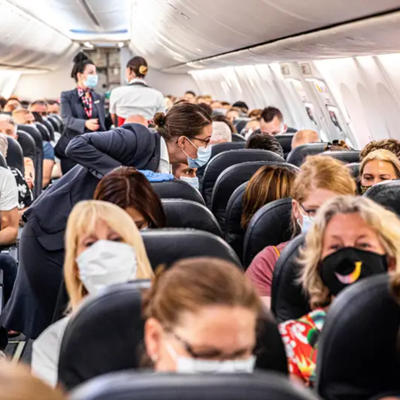Dr. Rosie Redfield, a microbiologist with UBC’s Department of Zoology, was one of a handful of COVID experts tapped by Buzzfeed’s David Mack to share a science-based read on the relative safety of typical 21st century vacation activities.
The hand-picked interviewees offered a range of responses to Mack’s questions, with Dr. Redfield sounding quotable but cautionary notes across the board.
“We asked coronavirus experts about their summer plans — and if it’s safe to fly, rent an Airbnb, swim in a pool, or dine outside. Their responses varied greatly.”
When asked about her comfort level with airports and airplanes, she said, “one of the big issues for anything you might choose to do that involves other people is what is the level of infection in others you’re going to be interacting with. If it’s in the local community, then you know what it is in your community and you can make an educated decision, but on a plane you’ve got people coming from all over and you don’t have any control.
“I’d still be quite cautious about getting on a plane and I’d sure as hell wear a mask and I’d do my best to pick an airline that’s actually enforcing the requirements to wear masks because I’ve seen some disturbing stories about how they don’t have any way to enforce it. I’d absolutely wear a mask in an airport, on an airplane, and I’d minimize the amount of time standing in contact with others. I wouldn’t stand in a line until I had to. I’d turn the overhead vent up on the plane to keep the air moving.”
Photo: Passengers are welcomed on a Corendon plane departing from Amsterdam’s Schiphol airport, June 26 by Jeffrey Groeneweg / Getty Images
